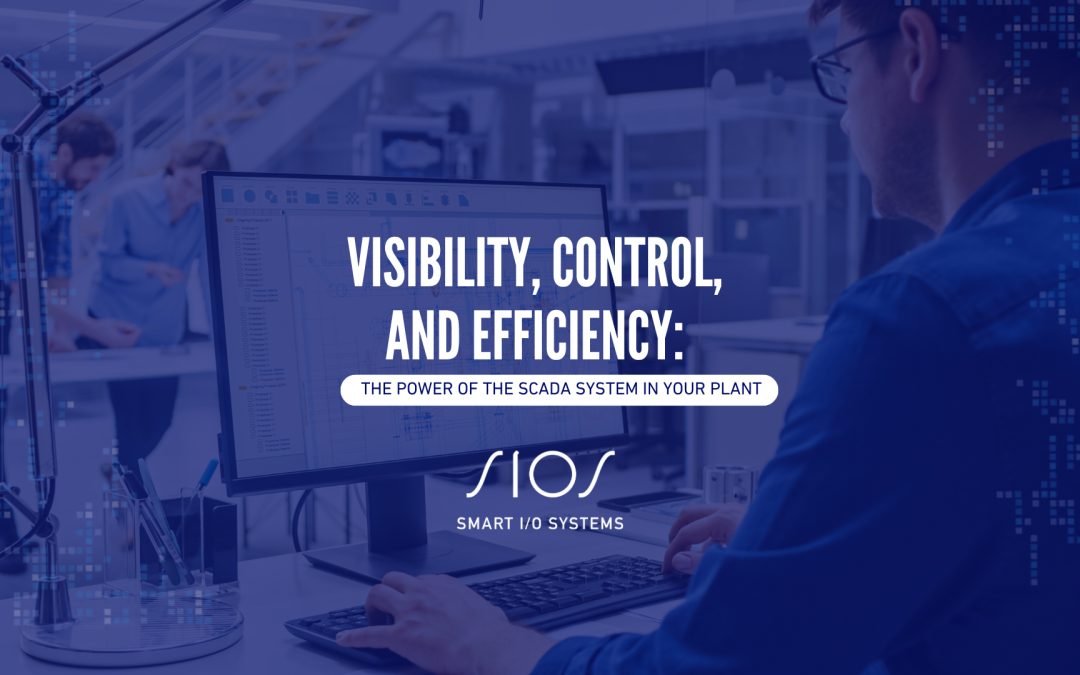Digital transformation in the industrial environment requires more than just modernizing equipment, it demands full, real-time visibility into everything happening on the plant floor. The ability to see, analyze, and act immediately is critical for improving efficiency, reducing errors, and making strategic decisions based on reliable data. That’s where SCADA comes in.
What is SCADA?
SCADA (Supervisory Control and Data Acquisition) is a system designed to monitor, control, and collect data from industrial processes through a centralized interface.
In practice, it’s the platform that connects sensors, PLCs, dashboards, machines, and databases to provide a clear view of what’s happening in your operations—in real time.
With a SCADA system, you can:
- Visualize processes in real time through digital dashboards
- Receive automatic alerts when critical variables deviate
- Store historical data for analysis, auditing, and continuous improvement
- Generate structured reports ready to be shared or validated
Why is SCADA essential today?
Modern industrial processes are complex, interconnected, and highly demanding. Decisions must be made quickly and based on evidence. SCADA supports this by:
- Reducing downtime through immediate detection of anomalies
- Optimizing operational efficiency by providing visibility across processes
- Ensuring regulatory compliance with automatic data traceability
- Minimizing human error through the automation of alarms, logs, and reporting
Moreover, SCADA’s ability to integrate with ERP systems, MES platforms, or advanced analytics tools enables smarter production management aligned with Industry 4.0 principles.
How do you know if you need SCADA?
If your operation faces challenges like:
- Lack of visibility into critical parameters
- Decision-making based on manual data
- Disconnected processes that don’t communicate
- Increasing requirements for traceability and audits
- Then it’s time to evaluate a tailored SCADA solution.
SCADA is not just a tool, it’s a strategic enabler.
Implementing it allows you to shift from reacting to anticipating, from guessing to evidence-based decisions, and from fragmented processes to integrated management.
In a context where efficiency, traceability, and agility are crucial, having a well-implemented SCADA system can be the difference between staying competitive or falling behind.

